Luxembourg War in Middle East
War in Middle East
 War in Ukraine
War in Ukraine War in Sudan
War in Sudan
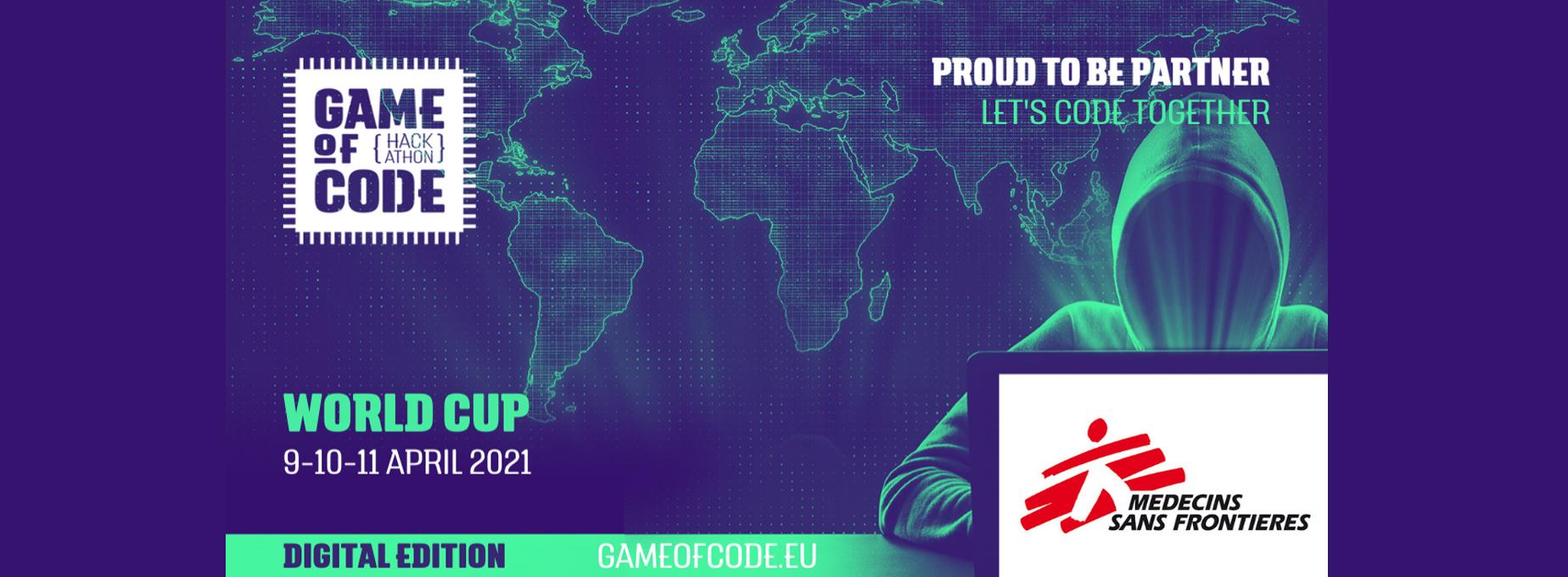
Luxembourg4/7/2021
Game of Code Luxembourg supports MSF
IT One has decided to set a new challenge during the hackathon : to collect a maximum of donations as possible for MSF. So, join them and challenge yourself and your friends to collect a maximum of donations as you can for MSF's actions in the field!
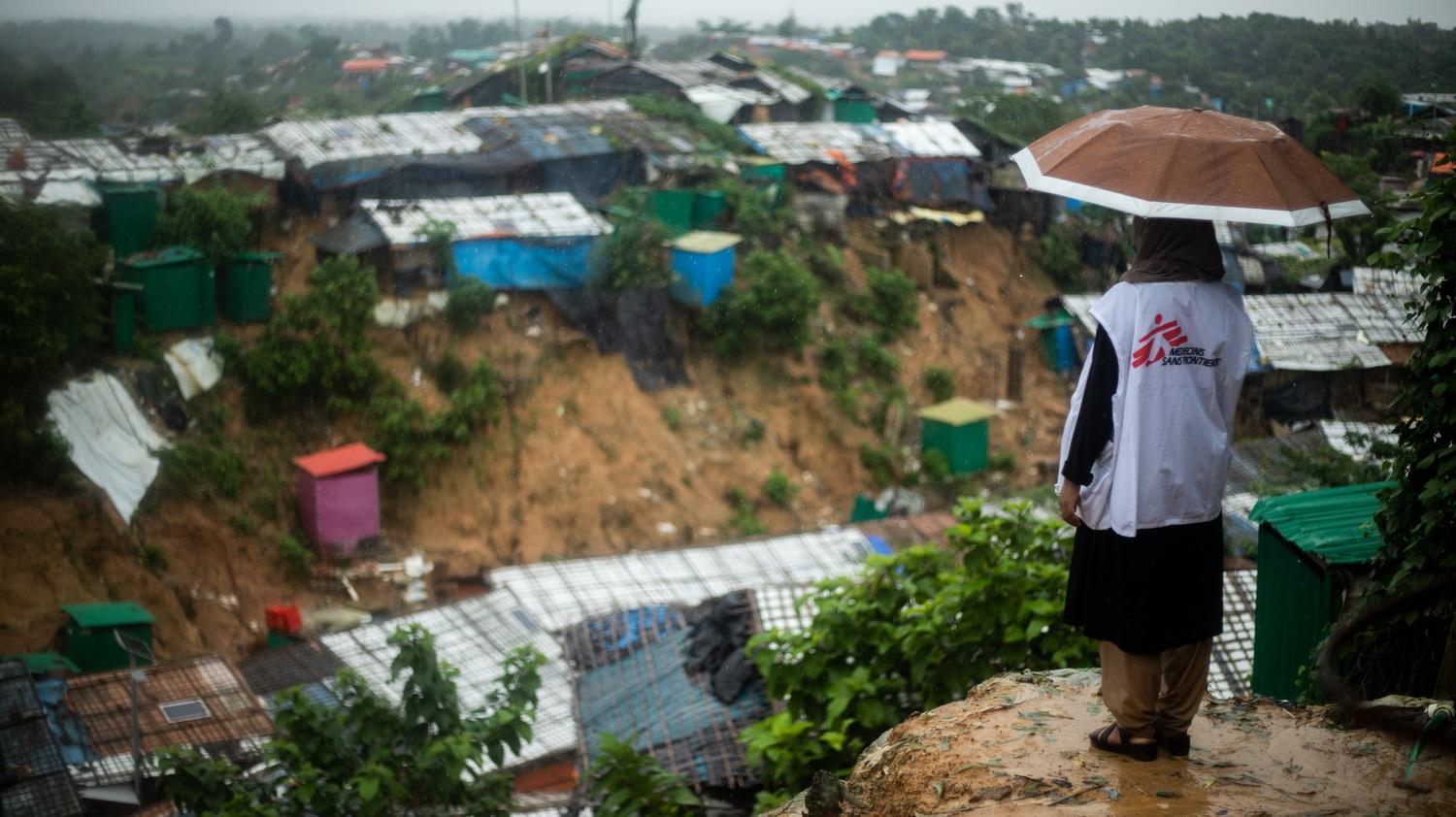
Bangladesh: between a rock and a hard place – Rohingya refugees in Cox’s Bazar
There are currently around 860,000 Rohingya refugees in Bangladesh. Most of them live in Cox’s Bazar district. The activities which MSF carries out for these refugees are centralised around the so-called "mega camp", a large collection of 26 camps. In recent years, barbed and razor wire fencing was erected. The living conditions for the refugees keep deteriorating due to COVID-19 measures, among other factors. Bernard Wiseman is head of mission in Cox’s Bazar, Bangladesh and describes the hard dilemma the Rohingya are facing there.
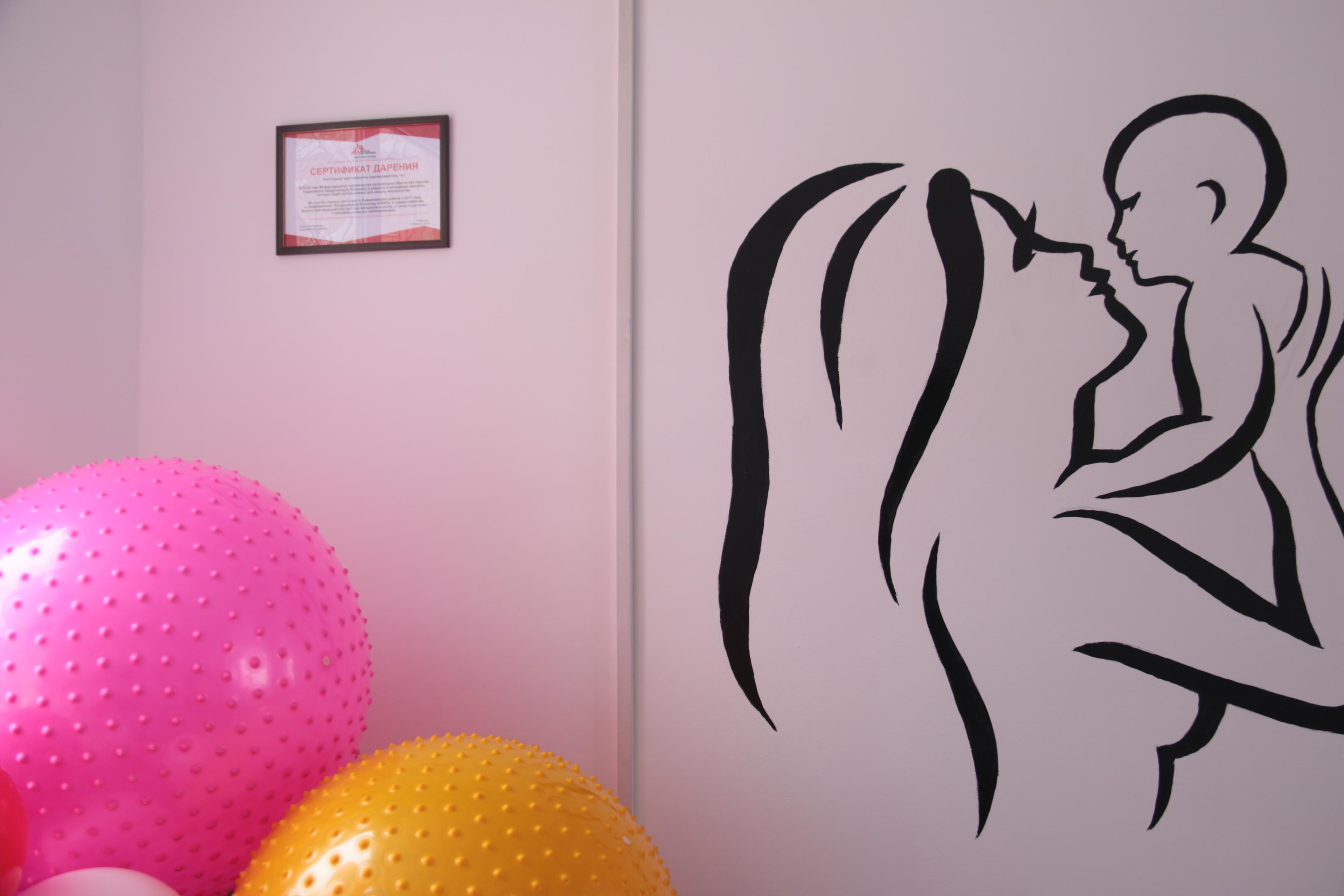
Opinions and debates3/17/2021
Women at the centre of their health
Self-care sits within a patient-centred approach to health, which means caring for people in a way that is meaningful and valuable to them. Right now, MSF is strengthening the patient-centred nature of our care to truly put patients at the core of our work.
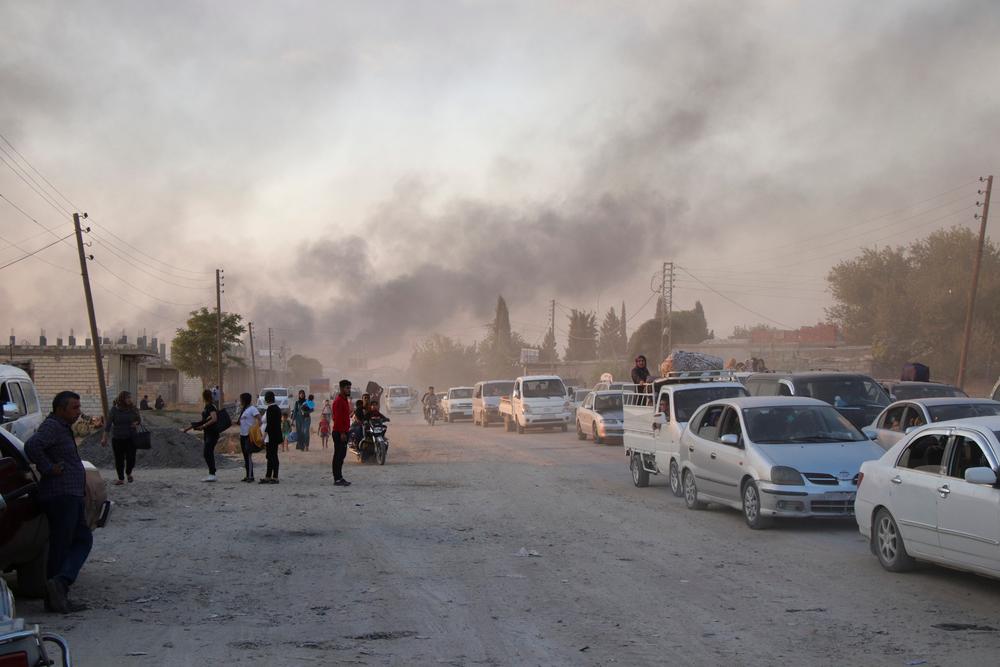
A decade of war in syria: the needs of millions haven’t vanished
Since the start of the war in Syria 10 years ago, the lives of Syrian people have been under threat. Médecins Sans Frontières (MSF) has been responding to the crisis in Syria since its start. This timeline outlines a decade of conflict, highlighting the increasing humanitarian and medical needs of millions of Syrians and MSF’s efforts to respond to them.
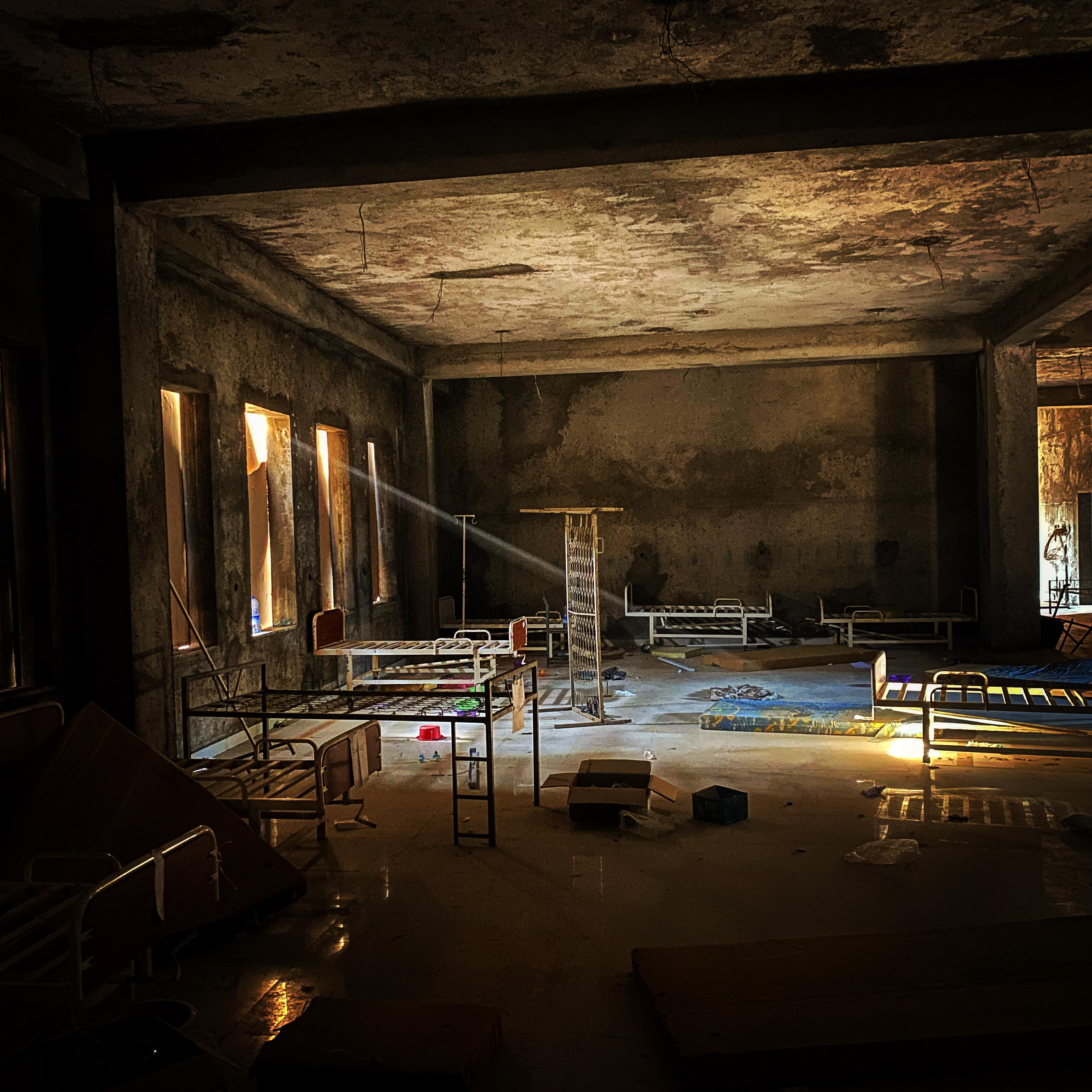
Health facilities targeted in Ethiopia’s Tigray region
Health facilities across Ethiopia’s Tigray region have been looted, vandalised and destroyed in a deliberate and widespread attack on healthcare, according to teams from MSF.
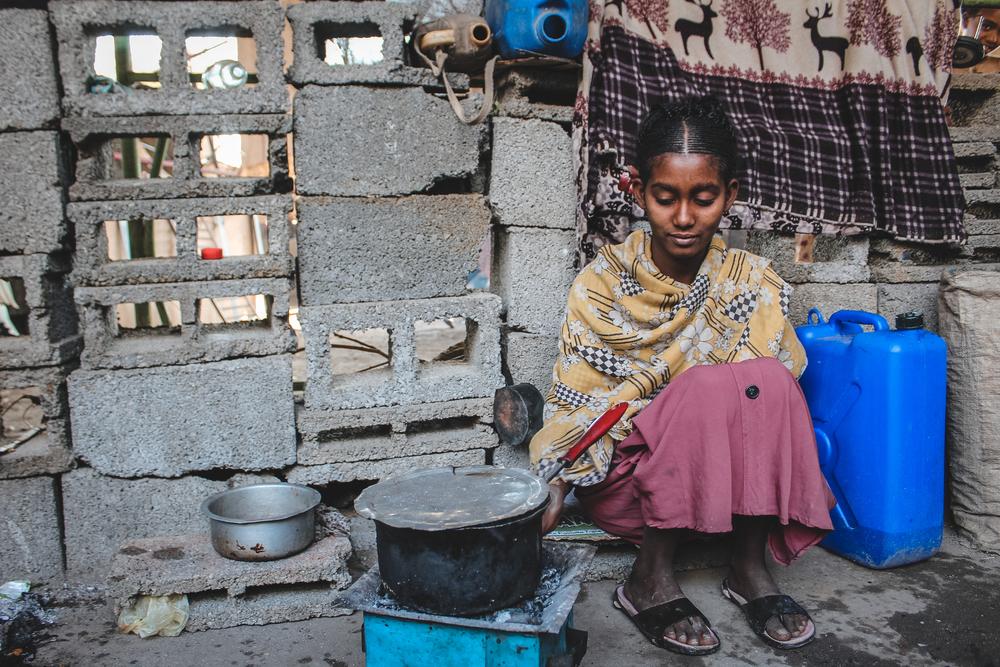
Tigray Crisis: “We are suffering from a lack of medical care”
Fighting in Ethiopia’s Tigray region has uprooted hundreds of thousands of people. Inside Tigray, most of the displaced people stay with the host community, while tens of thousands live in informal sites or are still hiding in the bush or the mountains. Médecins Sans Frontières (MSF) is deeply concerned about the humanitarian situation of hundreds of thousands of people who have been deprived of medical care for months and have received little humanitarian assistance.
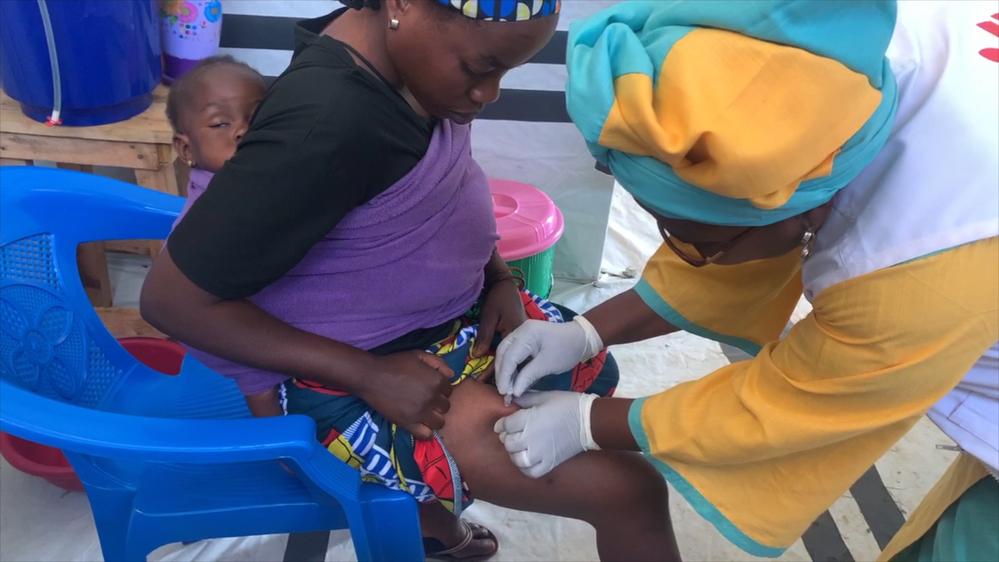
Bringing family planning closer to home
Self-injectable options can overcome barriers to contraception.
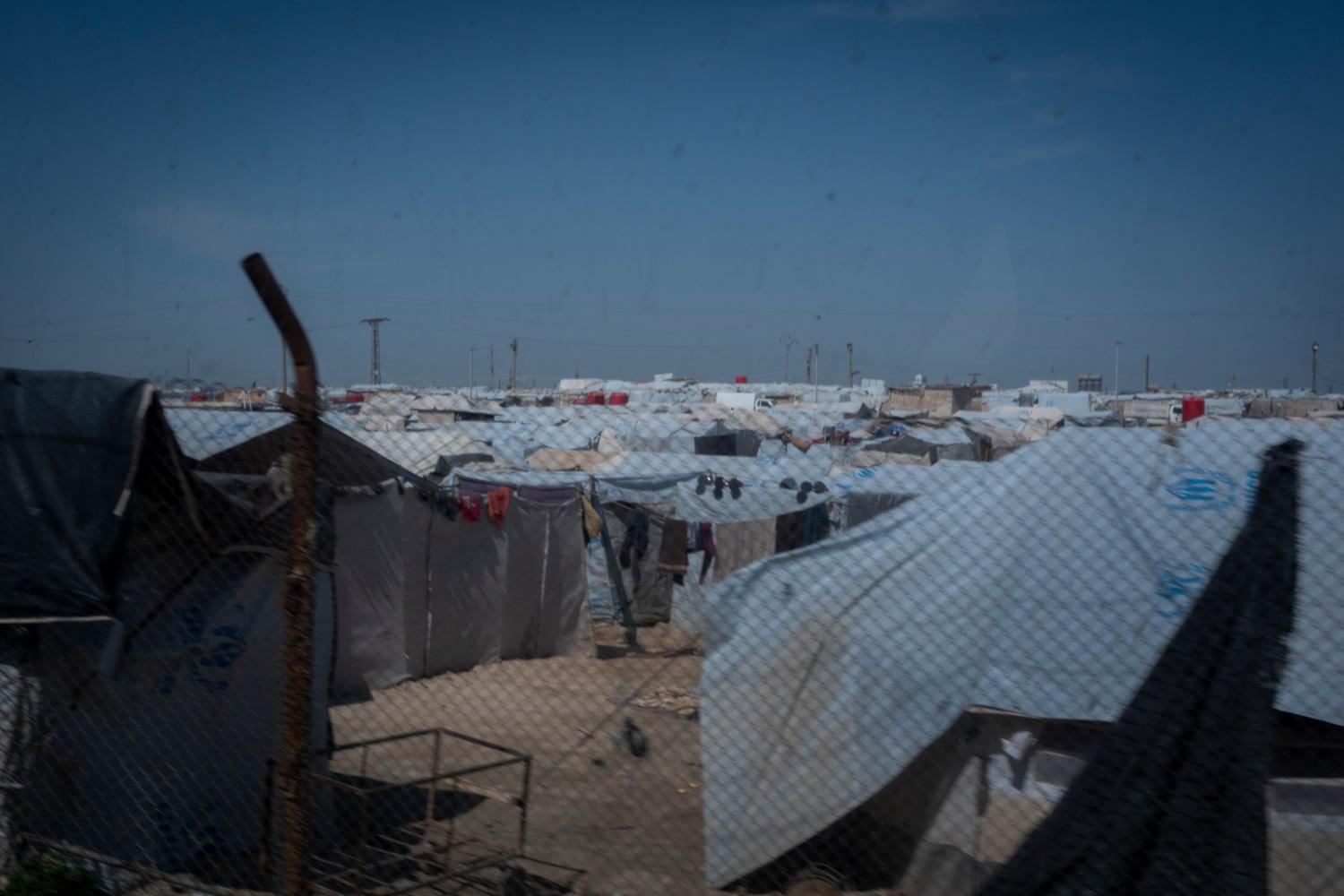
MSF denounces unsafe environment in Al-Hol camp in wake of staff killing
In the wake of the killing of one of its staff members and the injury of three others in Al-Hol camp for displaced people in northeast Syria, MSF expresses its shock and sadness at the incidents and its profound concerns about the insecurity facing camp residents, two-thirds of whom are children.
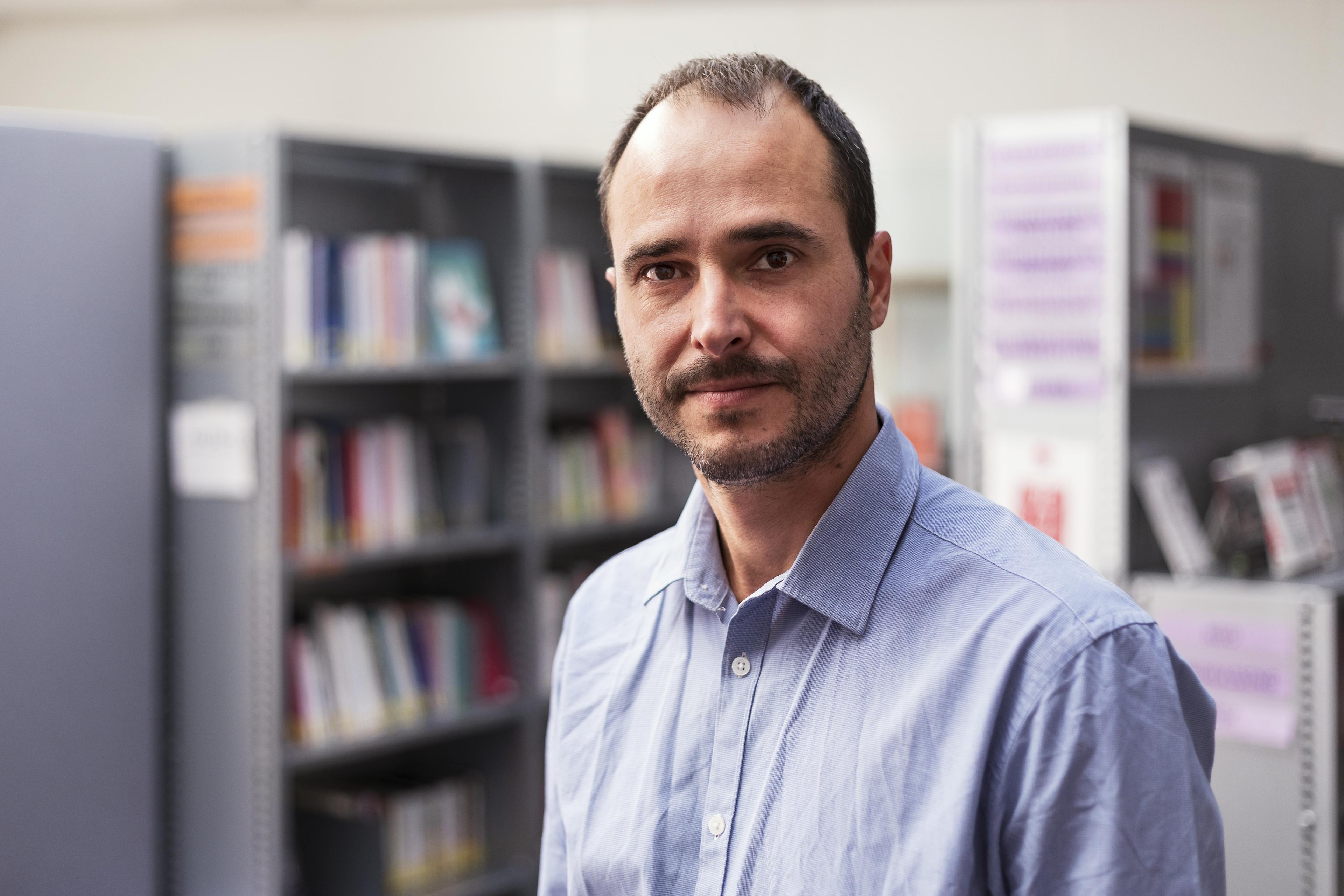
All news3/9/2021
MSF International President appeals to governments stonewalling on landmark proposal
As governments meet on Wednesday 10 March for another round of talks at the World Trade Organization (WTO) , MSF urged the small number of governments that continue to block a landmark waiver on intellectual property (IP) during the pandemic to immediately reverse their stonewalling and allow formal negotiations at the WTO to start. The temporary waiver would apply to certain IP on COVID-19 medical tools and technologies until herd immunity is reached. It was originally proposed by India and South Africa in October 2020, and is now officially backed by 58 sponsoring governments, with around 100 countries supporting the proposal overall.